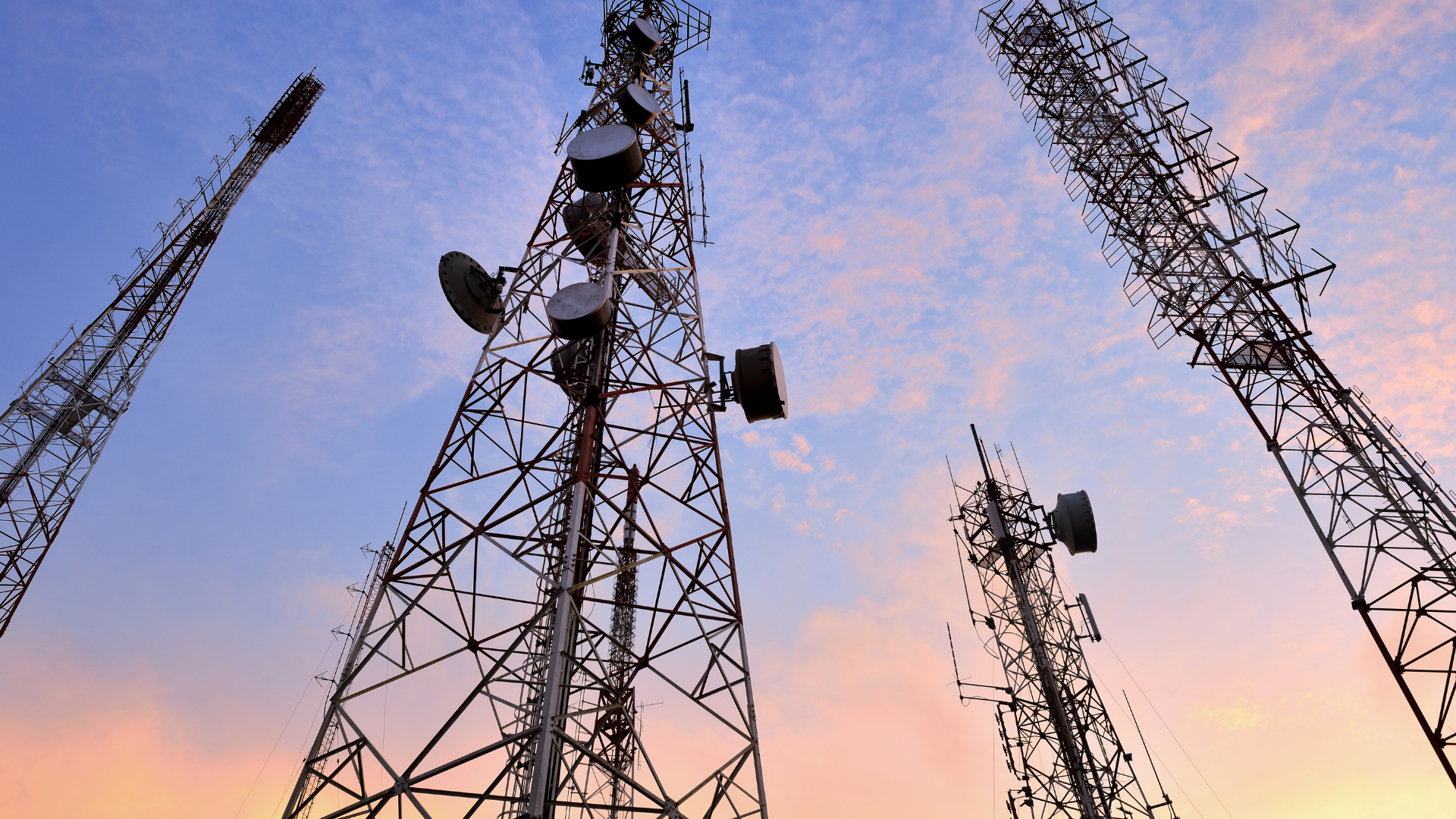

Geusseppe Gonzalez
Public Sector


Rodrigo Serrallonga Mejía
Artificial Intelligence
Haga clic aquí para leer este publicación en Español.
In recent weeks, Argentina and Colombia, two of Latin America’s biggest markets, have revealed policy developments pertaining to spectrum for 5G. The region is on course for a very successful year in terms of improving the regulatory frameworks and allocating spectrum for fifth-generation networks while improving rural connectivity.
The National Authority for Communications (Enacom) successfully allocated 250 MHz in the 3.5 GHz band to operators Claro, Telecom, and Telefónica. The auction went through a lengthy process that involved some criticism over the rules for the contest and the obligations of the mobile network operators. In the end, the contest was attractive enough for all three incumbent players as each ended up obtaining a portion of the spectrum offered by the authorities.
Against this backdrop, the auction obtained more than USD 875 million as a result of the allocation of two blocks of 100 MHz and one block of 50 MHz. The outcomes are as follows:
As a result, all winners will exploit the spectrum for at least 20 years. Obligations include a timeline for 5G rollouts in up to 84 months (seven years) in localities of more than 30,000 inhabitants and a service plan for low-income segments of the population, with the aim of at least 50% of people being able to access 5G. In addition, it is expected that mobile network operators will deploy at least 1,000 base stations in up to 16 months to accelerate the migration towards new technologies.
As presented here, 2023 seems to be the year for 5G in Colombia given the imminent auction of spectrum for 4G and 5G networks. The auction, like most in the region, has involved criticism from authorities and operators alike.
In recent weeks, ICT minister Mauricio Lizcano provided additional information regarding the rules of the contest. In a nutshell, both the Superintendency for Industry and Commerce and the General Controller of the Republic issued alerts involving the structure of the process, the value of the spectrum, and measures associated with competition in the mobile market.
The ministry updated the dates for the interest parties to send the paperwork to participate in the auction and modified some of the rules of the process; in particular, the cost for the 80 MHz blocks in the 3.5 GHz band and the number of schools to be connected as part of the pay-or-play obligations. In this context, the reserve price for each of the 80 MHz blocks in the 3.5 GHz band is circa USD 79 million, one of the lowest in the region if compared against population and GNI per capita. Obligations regarding the rollout of 5G networks remained unchanged and allowed for up to seven years to deploy a number of base stations in municipalities of over 200,000 inhabitants.
As a result, four companies presented the required paperwork to participate in the auction to be held on 20 December: Claro, WOM, Telecall, and the temporary union of Tigo-Movistar (Millicom-Telefónica).
Latin American countries continue to move forward in terms of 5G adoption. Argentina joined the group of countries with 5G spectrum allocated to the market, along with the Dominican Republic, Uruguay, Chile, and Brazil. In terms of the outcome of such an auction, it is yet to be seen if the users effectively migrate towards 5G-compatible handsets, as most are only compatible with 4G spectrum. Much of the success of 5G adoption will rely on authorities revising taxes and tariffs over 5G handsets. Nevertheless, the Argentinian market is one of the biggest in the region, and two of the three mobile network operators involve telecom giants such as America Móvil and Telefónica.
Regarding Colombia, it is yet to be seen whether Brazilian-based Telecall competes in the auction as most of the spectrum on offer (320 MHz out of 400 MHz) is to be used on 5G networks. In any case, even though there’s been some scepticism over the rules and obligations of the auction, it seems that the country will finally allocate spectrum for 5G networks, a goal first presented by Colombian authorities back in 2020.
Access Partnership closely monitors tech, regulation, and policy developments in Latin America. For more information, please contact Geusseppe Gonzalez at [email protected] and Rodrigo Serrallonga at [email protected].






